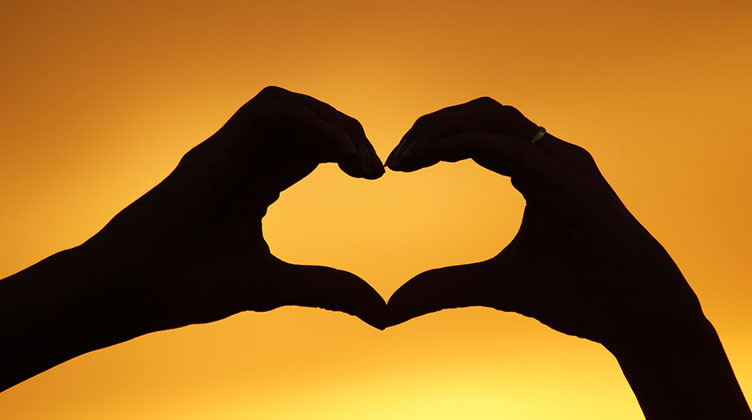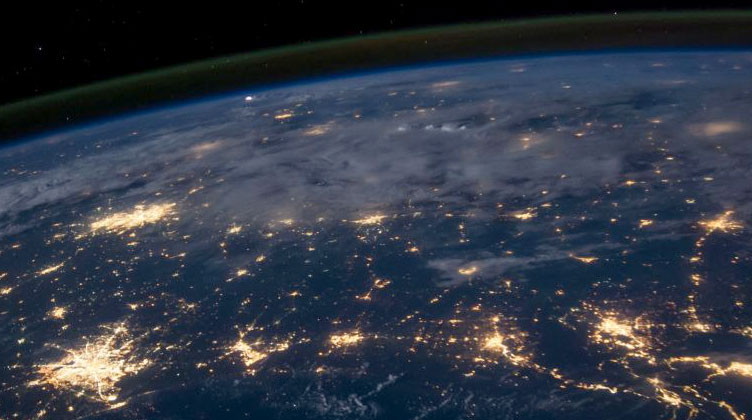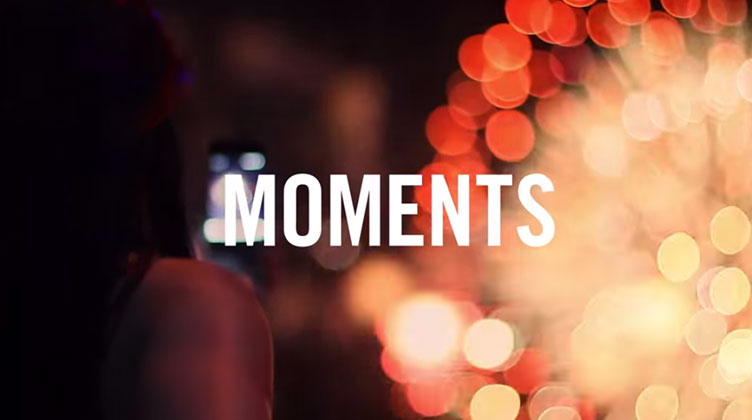The bonds of love belong to the earth, said the sage.
Where were you when …? We remember those exact moments when love takes hold of us. And how wondrous a thing it is that it can last and last – and get stronger as time moves ahead. We contemplate a far-off hurricane forming and growing stronger and we worry about where it will go next; we think about the innumerable homes destroyed by a recent storm; we see the resulting avalanche of charitable giving and volunteering that made us catch our breath as people rushed into the vacuum to save strangers who were nothing more (nor less) than kin of kind, brothers and sisters of species, but not known to them. And we feel it. We feel the bond of love that grips us all in the loving hold of humanity and will not let us go. We are its beloved, its offspring, its beneficiaries. We carry the flag emblazoned with love’s family crest, if only for the brief awareness in our life moment here. The bond of love belongs not to us individually, but to the Species of Life itself.
In that way, the bond of love is a compass heading. We can follow it and it will always be there. Like the compass heading, love is a feature of the Earth, of the living beings that inhabit her. It would make no sense at all to utter an absurdity like I’m heading west, so west belongs to me. No, west is an irrefutable fact, an aspect of navigational certainty that belongs to no one. If the brewing storm heads to the west, it does not mean that that the storm owns it. The same is true of our stewardship of love, hope, joy, happiness. All of these are particularly human gifts that we have the privilege of accessing. Imagine a wandering traveler: A cool, clear mountain stream of fresh water on a hot afternoon, and the traveler approaches it. Looking down into its waters, he makes the conscious decision not to drink from it.
The traveler is denying his instincts. Why would he choose not to drink from the stream? Perhaps he is afraid of bacteria or some other form of contamination. Perhaps the idea of drinking of water off the ground – rather than from a plastic bottle? – is somehow off-putting to him. He passes the stream and continues to walk. Now imagine the exquisite timing of the falling snow and its melting in the spring, the geographic perfection of the mountain slope formed over eons, the changing of the seasons such that those very water molecules passed by as liquid at the very instant the traveler was there – if they were alive, those molecules would have seen him standing there contemplating whether to drink them or not. They invite him to drink of them. What a colossal ballet of coincidence and elegance playing out before his narrowed eyes. What a perfect opportunity of nature, and perfectly squandered.
Do we do the same with our own happiness? Do we pass on immersing ourselves in love, hope, and joy because our fear of the risks? These wonders, these inspiring flashes of humanity are available to us, and it is our birthright and our responsibility to ourselves to dip into their streams and drink our fill of their clear water. They do not belong to us, just as the water in the mountain stream does not. But they are there and we are there; it is our time here now on the planet. We should expect no better invitation to love, hope, joy and happiness.




